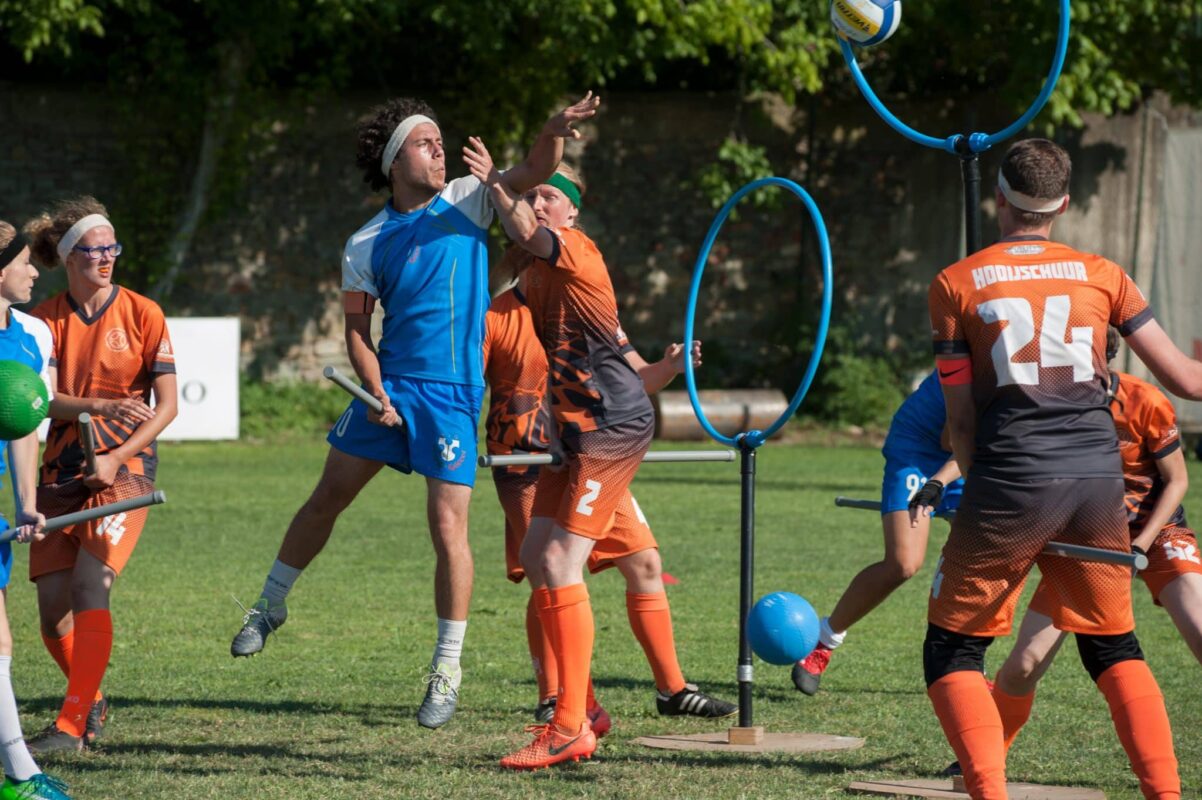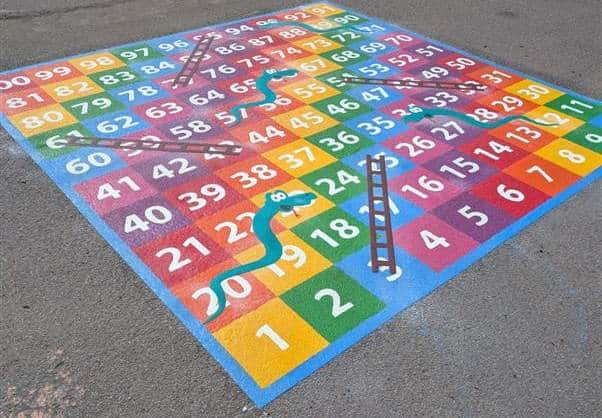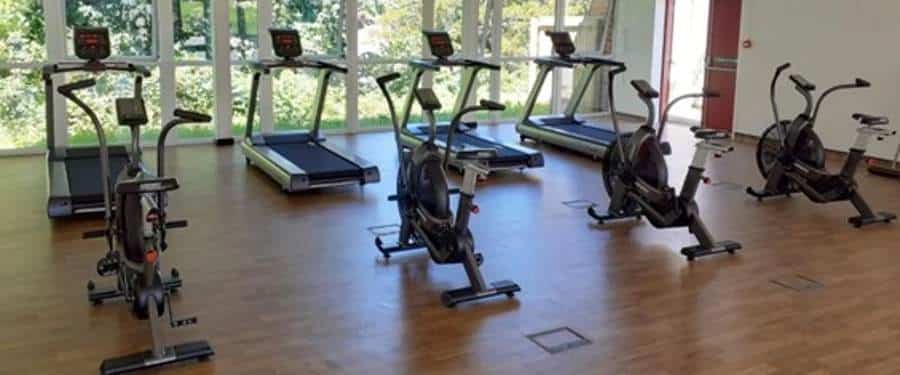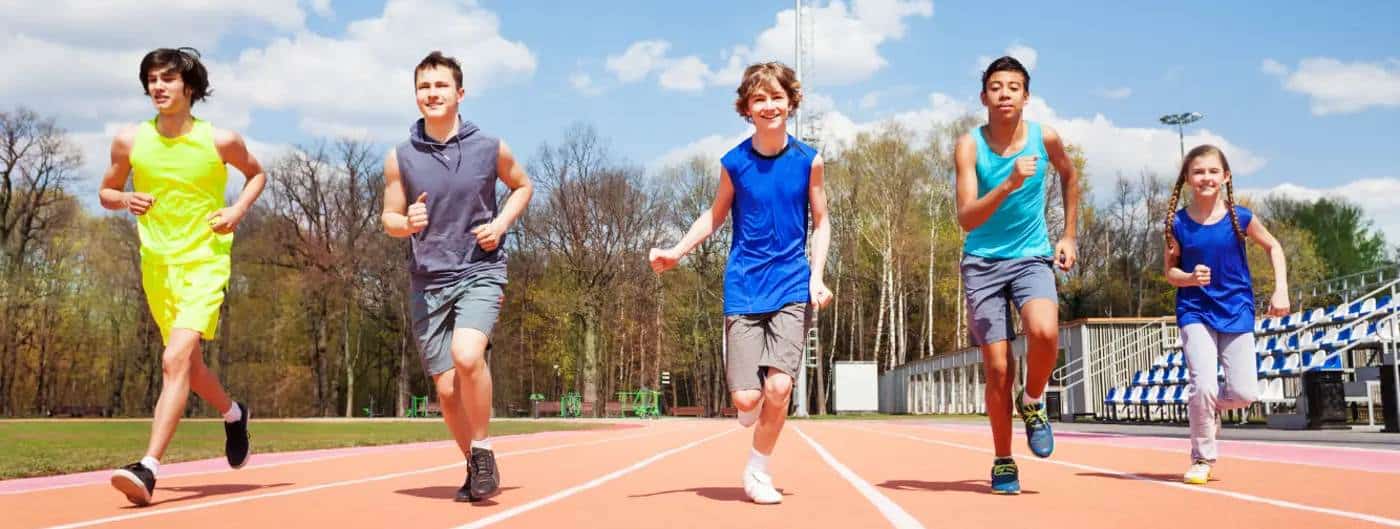‘Life is tough, and life is not fair. Like life, sports are tough and not always fair. Sports can be a wonderful training ground for Life’s challenges… Practising sportsmanship in everyday life can bring significant benefits to individuals as it can enhance personal growth, foster positive relationships, and improve overall well-being.’
Once again, sport is the key to so much more than just the game, match or race. The behaviour, mental attitude and ethos of the person as an athlete is often a microcosm of the person as a whole.
[divider align=”center” width=”100px” height=”2px”]
So what exactly is meant by ‘sportsmanship’?
Good sportsmanship is when people who are playing or watching a sport treat each other with respect. This includes players, parents, coaches, and officials…By being a good sport, you learn respect for others and self-control (https://kidshealth.org/en/teens/sportsmanship.html)
Sportsmanship means playing within the rules and understanding and using sports etiquette. It is playing fairly in the spirit of the game, showing respect and fair play to opponents and graciousness in both victory and defeat..
[button text=”Read More Here” letter_case=”lowercase” icon=”icon-angle-right” link=”https://www.bbc.co.uk/bitesize/guides/zxwkqty/revision/1#:~:text=Sportsmanship%20means%20playing%20within%20the,in%20both%20victory%20and%20defeat” target=”_blank” rel=”follow”]
Sportsmanship can also apply to audience members, including spectators in the stands and coaches on the sidelines. Sportsmanship doesn’t mean going easy on opponents, because most times, aggression (or competitiveness) is part of the game but being a good sport means your conduct is polite and gracious, and that you avoid disrespecting others during game time. (https://www.masterclass.com/articles/how-to-show-good-sportsmanship).
[divider align=”center” width=”100px” height=”2px”]
Signs of good sportsmanship include:
[row style=”collapse”]
[col span=”6″ span__sm=”12″]
- Having a positive attitude
- Giving your best effort
- Shaking hands with the other team before and after the game
- Supporting teammates by saying “good shot” or “good try”
- Never criticising a teammate for trying
https://kidshealth.org/en/teens/sportsmanship.html
- Being willing to learn.
- Practising self-control.
- Not overdoing gamesmanship by bending rules or taking unfair advantage of situations
- Picturing the future and keeping the overall significance of a match in perspective
https://www.masterclass.com/articles/how-to-show-good-sportsmanship
[/col]
[col span=”6″ span__sm=”12″]
- Accepting calls and not arguing with officials
- Treating the other team with respect; no teasing or bullying
- Following the rules of the game
- Helping another player up who has fallen
- Taking pride in winning but not gloating
- Accepting a loss without whining or making excuses
[/col]
[/row]
Clearly, these behaviours and attitudes not only benefit everyone involved in sport but, carried into everyday life, can help to foster a more positive, collaborative and productive working and social community in school and the wider world.
[divider align=”center” width=”100px” height=”2px”]
‘Being a good sport fosters good habits and positive life skills both in and out of sports games, and is an important life skill for people of all ages.’ (https://www.masterclass.com/articles/how-to-show-good-sportsmanship). These skills can help you manage many other parts of your life. They’re also key to becoming a mature, respectful, and successful adult. (https://kidshealth.org/en/teens/sportsmanship.html)
However, when trying to foster sportsmanship and the associated desirable behaviours amongst pupils and students, the teacher/coach/parents’ own mentality is more significant that perhaps might first be apparent.
John Wooden (American Basketball coach) once said, “Young people need models, not critics,” and Knute Rockne (Football player and coach, Notre Dame University) takes this further with his observation that, “One man practicing sportsmanship is far better than a hundred teaching it.” Do not just simply say, “be a good sport.” Model it, teach it, expect it.
‘Parents are important role models, so let your children see you upholding these principles, whether you play a sport yourself or root for your child’s team from the sidelines.’ (https://www.stanfordchildrens.org/en/topic/default?id=teaching-children-good-sportsmanship-1-4524)
[divider align=”center” width=”100px” height=”2px”]
It is their game and their experience
‘As a father of four kids who enjoys participating in athletics, I have to remind myself that it is okay when my kid misses a shot, strikes out, or doesn’t play good enough defence. That fact is, it is their game and their experience, and my playing days are over… there are only four roles during a game: spectator, competitor, official and coach. Everyone involved in athletics would be wise to choose only one of those roles at a time.’
So, as a teacher or coach trying to encourage and manage the best possible sportsmanship amongst your students, parents, spectators and opponent teams, what are some of the triggers that may cause trouble and you need to consider ahead of the lesson or competition?
- Competitors who are strongly ego-oriented or extrinsically motivated are more likely to have a ‘win at all costs’ attitude, leading to unsporting behaviour. There is less incentive to cheat if someone is task-oriented and intrinsically motivated. Read Quote Here.
- Participants have to follow the rules of the sport. In organised sport, these are developed by each sport’s governing body and are upheld by officials during play. Rules make sure that play is safe and fair Sport also has unwritten rules or customs – etiquette– to uphold respect and fairness. These help people to play in the ‘spirit of the game’ (See Quote Text Here). However, other schools or opponents may play to slightly different rules on home ground and feel put out to find the match makes unfamiliar demands – so make rules clear to everyone from the very start and sort out disagreement before the match begins.
- A real or perceived pressure of having to win at all costs can cause players or athletes to take drugs to help their performance, react violently to losing, cheat the rules, or develop self-destructive habits and health issues. Teachers and coaches need to keep an eye on the pressures students may be under, intrinsically or extrinsically, and adjust tactics and training to alleviate any negativity that detracts from the sportsmanship of pure sport for sport’s sake, so vital at school and college level.
Every educational establishment has play, PE and sport as a significant part of their curriculum and, therefore, the potential to impact every pupil or student’s sportsmanship skills both on the sports field and in everyday life.





